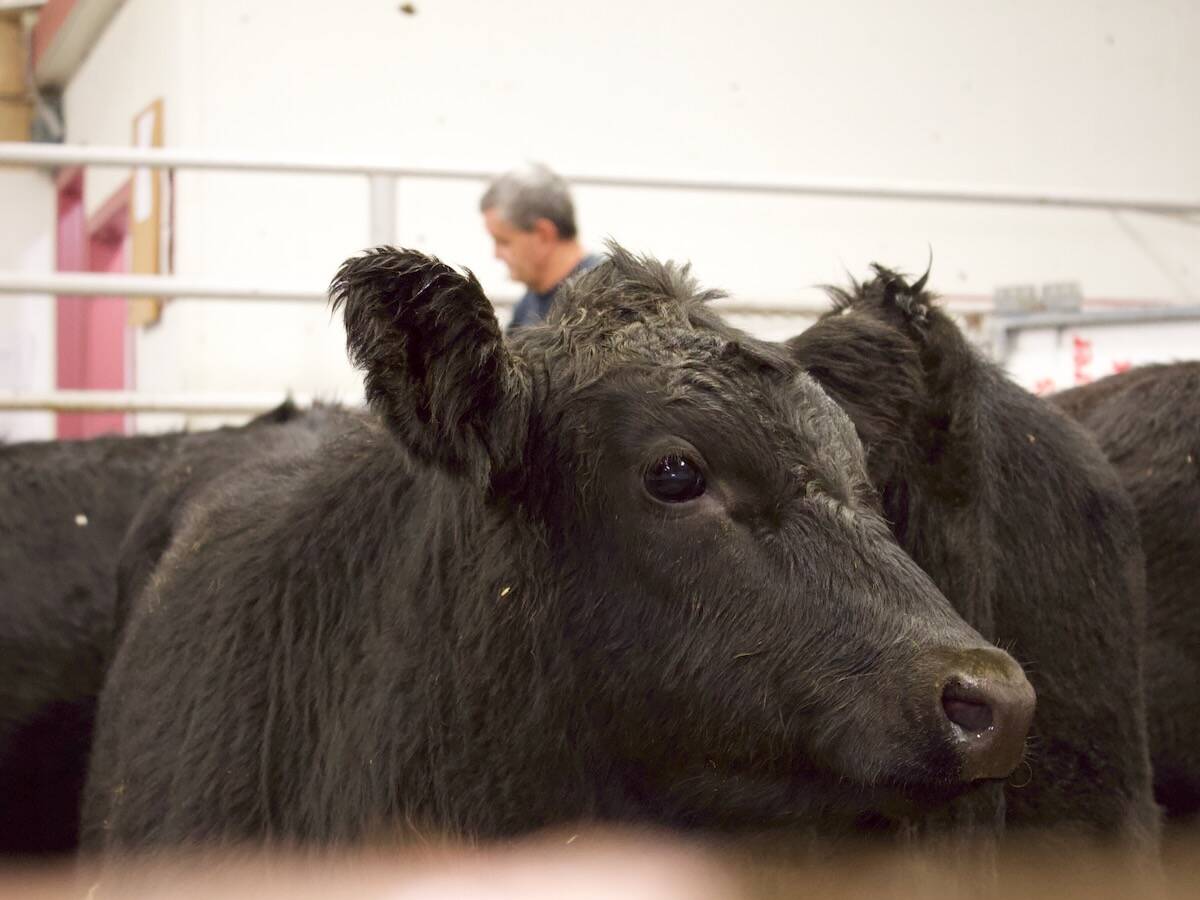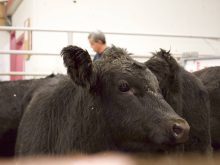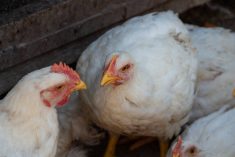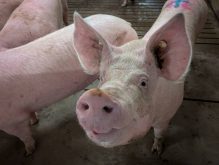Although U.S. federal budget cuts are scheduled for March 1, it could be months before a threatened shutdown of meat plants would occur in that country because of a furlough of meat inspectors, U.S. Agriculture Secretary Tom Vilsack said on Thursday.
Vilsack said work rules vary for the U.S. Department of Agriculture’s employees, who get from 30 to as many as 120 days’ notice of impending layoffs.
"I’m not sure what it is in the food safety area," Vilsack told reporters at the annual USDA Agricultural Outlook Forum after warning that a two-week furlough of all inspectors may be unavoidable.
Read Also

Cash incentive for CRSB Certified beef producers launched
The Canadian Roundtable for Sustainable Beef (CRSB) has launched an incentive payment for CRSB Certified producers.
USDA has raised the prospect of the furlough repeatedly in the past two weeks as $85 billion in federal budget cuts loom unless Democrats and Republicans can come up with an alternative to the automatic cuts agreed to in 2011 (all figures US$).
Meatpackers and processors cannot ship their products across state lines without the USDA inspection seal, so a furlough would force them to halt operations. They would lose an estimated $10 billion in production, according to the USDA.
Americans could see higher prices and a temporary shortage of chicken breasts, pork chops, chuck roast, hot dogs and other meats in grocery stores, carry-out stands and restaurants.
USDA has declined to discuss the timing of furloughs, which could affect up to a third of its 100,000 employees.
Meat inspectors may qualify for 30 days’ notice, said an industry source. A spokesman for the union representing inspectors was not immediately available for comment.
During a speech to the USDA conference, Vilsack said the meat inspector furlough was "a risk we now face."
"This is a direct prescription from Congress to reduce every line item," said Vilsack. Afterward, he told reporters he could not shift money to cover the cost of inspectors, nor could he exempt the meat inspection agency from cuts.
Vilsack is expected to testify at the U.S. House of Representatives’ agriculture committee hearings on Tuesday, the first opportunity for lawmakers to ask for details about the budget cuts.
Republican Mike Conaway of Texas, chairman of a House agriculture subcommittee, wrote Vilsack on Wednesday to argue that the USDA was obliged by law to carry out meat inspections and to say the agency should seek the least disruptive way to curtail spending.
The Obama administration has cited the potential furlough of meat inspectors as an example of the disruptions that would flow from the automatic cuts.
Exchange operator CME Group warned on Thursday that government spending cuts could affect some of the exchange’s livestock and daily contracts.
The daily calculation of the CME feeder cattle index and CME lean hog index, as well as the monthly calculation used to determine settlement prices for CME dairy futures products, could be disrupted if USDA’s regular schedule of reports is altered by the sequester.
USDA has not discussed the possible impact of sequestration beyond areas such as meat inspection, public feeding programs, the forest service and work on the Census of Agriculture, a major survey of the U.S. farm sector.
According to Feb. 11 data from USDA’s Economic Research Service, Canadian producers and processors exported over 786,000 head of cattle, 5.65 million hogs, 537 million pounds of beef and veal and 629 million pounds of pork to the U.S. in calendar 2012.
— Charles Abbott writes for Reuters from Washington, D.C.













